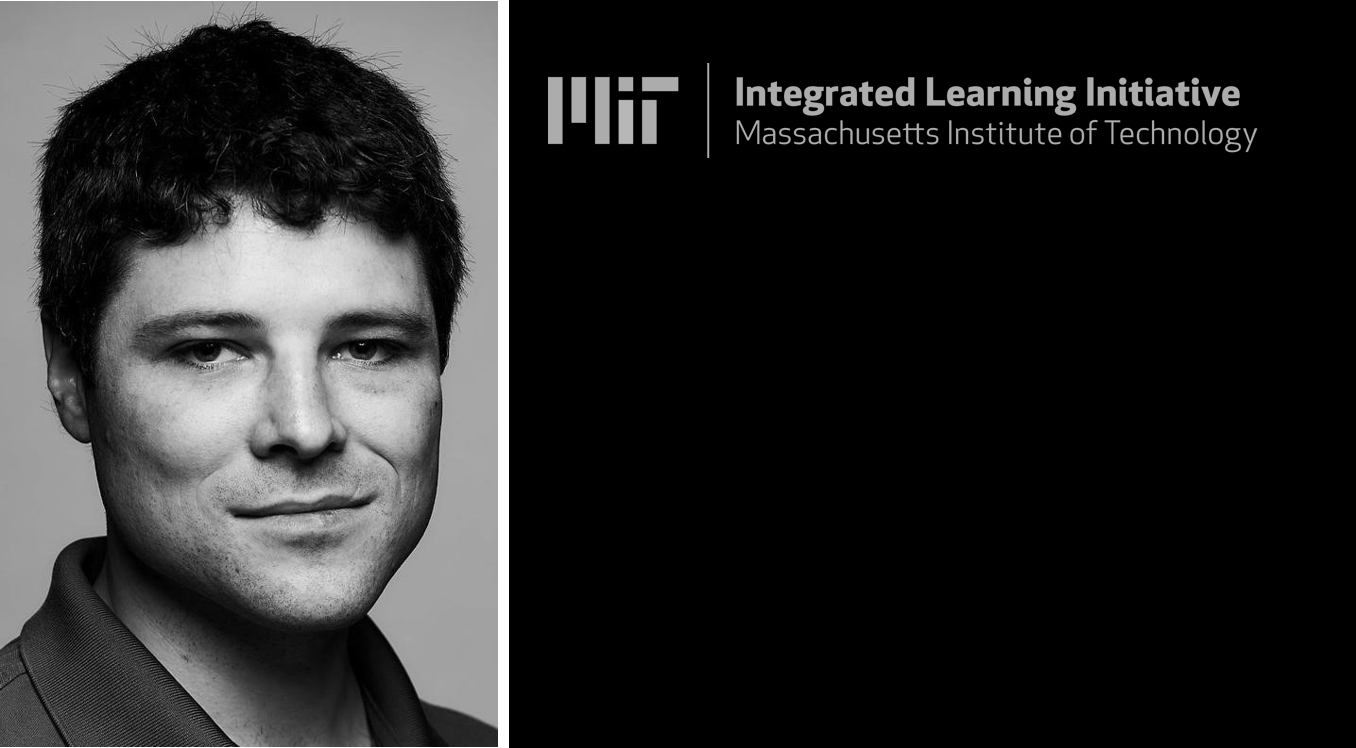
Tobias is a multi-disciplinary engineer with experience across many industries, technologies and responsibilities. His current focus is on marrying the worlds of software engineering, systems automation and data analysis for educational research.
His work spans from deep dives in code to high level systems architecture and business focused feature design. His work with MIT Open Learning helps push their education offerings to new technologies. He works extensively with MITx, xPRO, OpenCourseWare, and all teams at Open Learning.
In addition to his work at MIT he runs two successful podcasts which focus on educating and informing members of the Python and Data Engineering communities respectively. You can listen and subscribe to them at pythonpodcast.com and dataengineeringpodcast.com
How would you describe your job at Open Learning?
At Open Learning I am responsible for making sure that the platforms we provide to the on-campus and global MIT community are scalable, reliable, and secure. What that means in terms of my day-to-day activities is that I manage and lead the technical operations group within our engineering department. This includes designing the systems architecture for our technical infrastructure, mentoring the other operations engineers, helping to write the code to manage the deployment and configuration of that infrastructure, and ensuring that we are keeping an eye on the leading edge of where the industry is going.
I am also increasingly focused on architecting and implementing the foundations of how to manage the various sources and types of data that we deal with in engineering and across Open Learning. With the increasing level of sophistication expected by end users and product stakeholders we need a data capability to match that and we are working hard to deliver it.
How did you first become interested in education and technology and what do you see as the future of edtech?
I have always been inquisitive and interested in exploring my personal curiosities. This manifested early in a voracious appetite for books, as well as a tendency to take things apart and put them back together. I have also been fascinated by science for as long as I can remember, with my focus shifting from paleontology early on toward physics and chemistry in high school, and then to computers and software in my early adulthood. Throughout I have been an advocate for self-improvement through self-directed learning in myself and others. Now that I am a parent I encourage that same attitude in my children.
With the increasing rate of change in our world due to the forces of globalization, technology, and ecological factors I think that our existing approaches to “traditional” education will be hard pressed to keep up with transferring the skills that we will all need to succeed and prosper. The capacity for technological approaches to augment our learning through customization, personalization, and self-paced exploration are going to be increasingly required. The other ingredient that is essential is an intrinsic motivation to engage with the subjects that are meaningful to each individual, which is compounded by the fact that online learning environments often lack the forced accountability of a classroom environment.
What is one of the biggest challenges you face at MIT?
At MIT there is a strong tendency toward decentralization and independence across teams and departments. This allows for rapid exploration of new or different opportunities, but it can also lead to difficulty in getting a broad view of what is happening across the department and the institute as a whole. As an engineer I like to reduce duplication of effort and as an employee I appreciate having visibility into opportunities for engagement with interesting projects and initiatives. While this can pose challenges when deciding where to focus my efforts, it also allows for flexibility and autonomy in my work which is something that I value.
What is your favorite thing about working at MIT?
One of my favorite things about working at MIT is the level of impact that my efforts can have. As a member of an institute with global recognition and a department with a worldwide focus I am able to be part of projects that aspire to improve the lives of everyone.